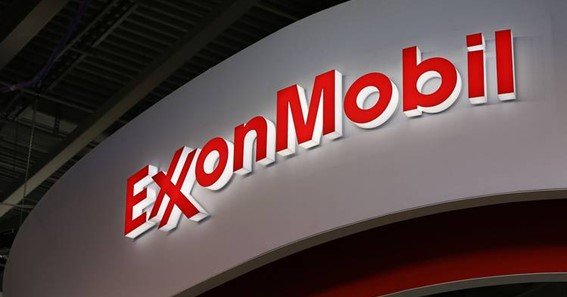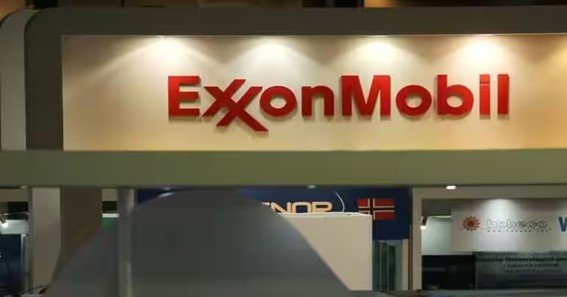When comparing ExxonMobil and Shell, both are dominant players in the global energy sector with strong positions in oil, gas, and increasingly in renewable energy. However, investors must weigh the differences in their financials, growth strategies, and long-term prospects to determine which offers better returns.
Key Comparison Points
- Dividend Yield Shell currently offers a higher dividend yield of around 4.1%, while ExxonMobil provides a slightly lower yield of approximately 3.4%. Despite Shell’s higher yield, ExxonMobil has a more consistent record of increasing dividends for over 40 consecutive years, making it a safer bet for income-focused investors seeking stability.
- Profitability and Growth ExxonMobil has seen better profitability over the last few years. Its diversified operations, including chemicals and renewable initiatives, have allowed it to maintain strong cash flows even during downturns. Shell, though also highly profitable, has been more affected by its higher leverage and significant debt, partly due to its $50 billion acquisition of BG Group in 2016. While Shell has worked aggressively to reduce its debt, it still lags behind ExxonMobil in terms of financial flexibility.
Energy Transition Strategy Both companies are making strides in renewable energy. ExxonMobil is investing heavily in carbon capture, hydrogen, and biofuels, aiming for long-term sustainability. Shell is also prioritizing the energy transition, with substantial investments in liquefied natural gas (LNG), wind, solar, and other low-carbon technologies. Shell’s focus on renewables is more aggressive, but ExxonMobil’s financial strength allows it to fund this transition more comfortably(
- Long-term vs Short-term Returns If you’re seeking long-term growth, Shell may appeal more due to its renewable energy initiatives. However, ExxonMobil has shown stronger short-term performance with higher marginal profits over the last few years. It also has a more reliable dividend history, making it attractive to both income and long-term investors.

Conclusion
ExxonMobil tends to offer more stability with its consistent dividends and stronger profitability, making it a better choice for risk-averse and income-focused investors. On the other hand, Shell offers higher dividend yields and is more aggressive in transitioning to renewable energy, which could offer significant long-term upside for growth investors.
FAQ
Which company has a better dividend yield?
Shell currently has a higher dividend yield of 4.1%, compared to ExxonMobil’s 3.4%.
Is ExxonMobil more profitable than Shell?
Yes, ExxonMobil has maintained stronger profitability and cash flow over the last few years, largely due to its diversified operations and lower debt.
Which company is better for long-term growth?
Shell may offer better long-term growth potential due to its aggressive investments in renewable energy.
How does Shell’s debt compare to ExxonMobil’s?
Shell has a higher debt load due to its acquisition of BG Group, though it has been reducing it steadily. ExxonMobil’s lower debt gives it more financial flexibility.
What is the best choice for income investors?
While both companies are strong contenders, ExxonMobil’s consistent dividend increases over 40 years make it the better choice for income-focused investors.
Disclaimer: This article is for informational purposes only and does not constitute financial advice. Always perform your own research or consult with a professional before making investment decisions.
